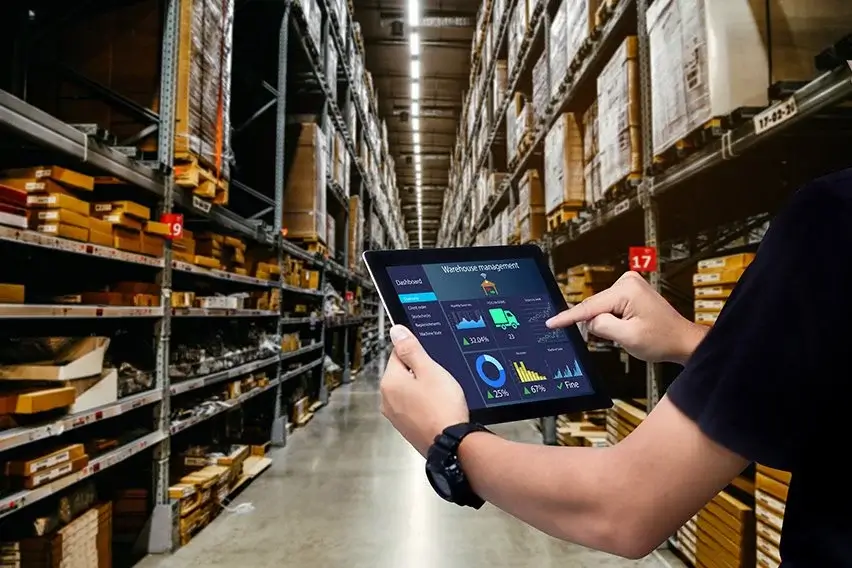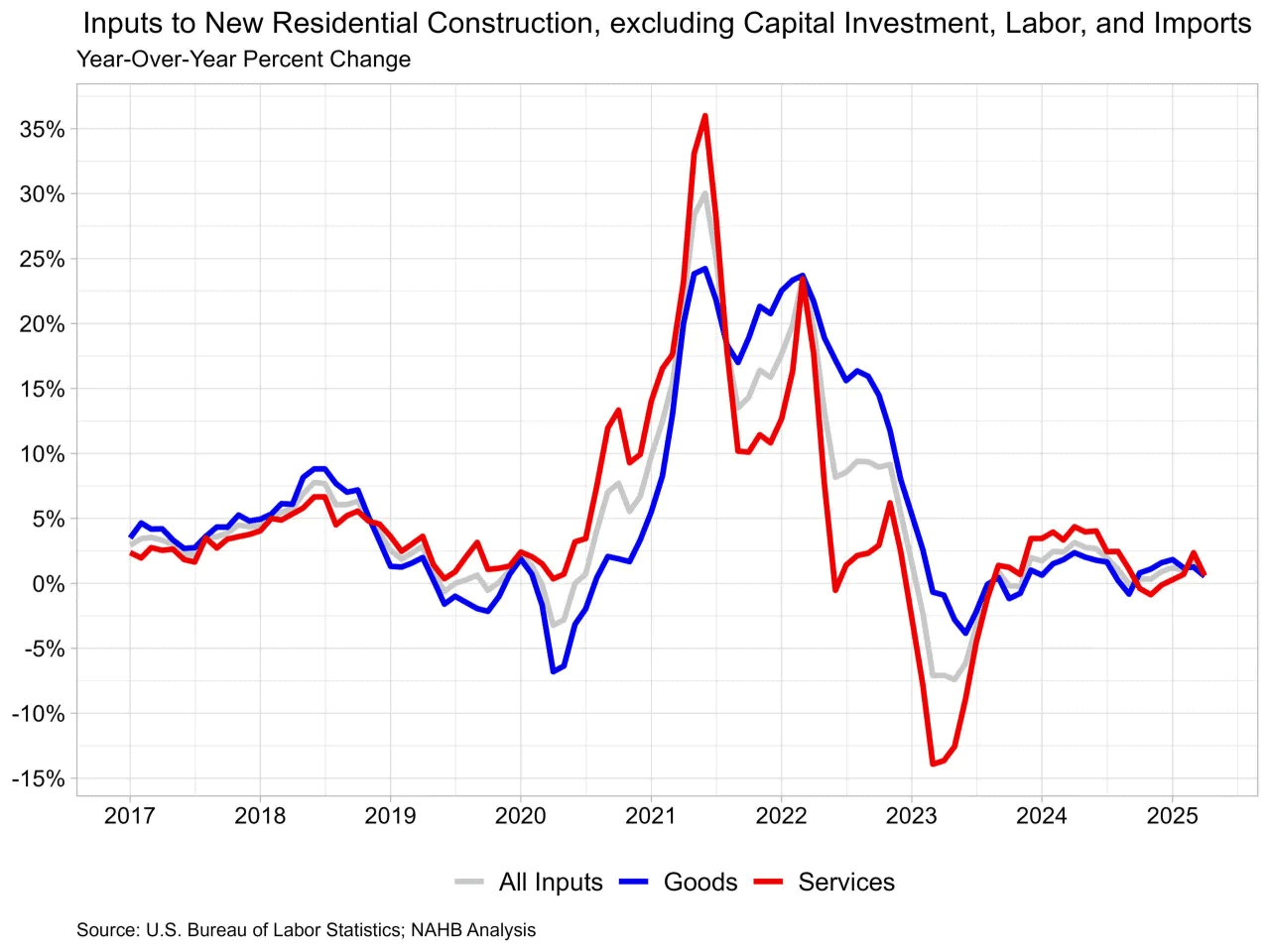
Distribution companies make money by transferring products from manufacturers to consumers. This is an important function for many businesses. They also provide logistical support and marketing services.
Wholesale distributors sell to retailers in bulk, ensuring that stores have stock on hand. They may specialize in specific industries or product categories and develop long-term relationships with manufacturers.
Profit margins
A distributor’s profit margin is a key factor in its ability to make money. A low profit margin can result in losses or a decline in stock value. To calculate a distribution company’s profit, you need to subtract the cost of goods sold from revenue received. The final number should be equal to or greater than the gross profit margin.
Distribution companies can make more money by improving their pricing strategies. For example, by offering discounts to customers on volume orders, a distribution company can increase its profit margins. This can also help it gain a competitive edge in the market and attract more buyers.
However, a distribution company’s pricing strategy must be carefully considered to ensure it does not undermine its overall profitability. A distribution business must set a wholesale price that covers its costs and allows for a reasonable profit. It should also monitor its customers’ purchase behavior to identify the best pricing strategies.
In addition to pricing, distribution businesses must focus on delivering quality customer service. Customers are more willing to pay higher prices for products if they are delivered on time, in the right quantity and with accurate reporting. Distributors can improve their customer service by implementing new technology, such as route optimisation software. This helps them plan the quickest routes to deliver goods to customers.
Inventory management
Managing inventory is one of the most important aspects of distribution company profitability. Classified on the balance sheet as a current asset, inventory ties up cash and requires careful attention to its use. Inaccurate inventory records can cause problems with demand forecasting and order fulfillment, resulting in dissatisfied customers and damage to the company’s reputation.
The key to successful inventory management is to be able to make trade-offs between revenue, cost, and risk. This can be done by monitoring metrics such as inventory turnover, hits, carrying costs and service percentage. Using these metrics, a distributor can monitor the performance of its largest cash asset and identify areas for improvement.
Distributors should also have a safety stock in place, which is a buffer of inventory that can be used in the event of supply chain disruptions. This can help prevent stockouts, which lead to lost sales and dissatisfied customers. In addition, it can help a distribution company negotiate better prices with suppliers. Buying an existing distribution business is an attractive option for newcomers because it can minimize startup costs and reduce the risk of failure. However, it is important to choose a business with a solid customer base and quality brands. Otherwise, it may be replaced by a competitor with more value-added services.
Customer service
Distribution companies are an integral part of a supply chain, and customer service is one of the top factors that determines their ability to make money. A good customer experience can help you stand out in a crowded sales environment, keep your current customers happy and build loyalty to your brand. In addition, it can help you increase revenue.
The most effective distribution strategies vary by industry and product segment, but you can research them by joining industry groups, networks and forums or staying up-to-date via trade magazines and conferences. Additionally, you can attend trade shows to meet manufacturers, wholesalers and retailers, which can provide valuable insights into the latest trends and opportunities for your business.
A distributor’s primary role is to buy products from a manufacturer and then sell them at a higher price to retailers or direct to consumers. A wholesaler’s gross profit margin is usually 10 to 15%, but it can be higher or lower depending on the market. Oftentimes, the distributor makes the most money by selling large volumes of a particular product in each order.
Distributors can also add value to their offerings by offering a full suite of services, such as promotion and digital release strategies. Several top distributors, including Believe Digital, Redeye Worldwide and Idol Music offer these capabilities to their clients. For example, they may include playlist plugging in their distribution deals or even offer a dedicated team to consult on a client’s digital release strategy.
Marketing
The success of a distribution company is determined by the effectiveness of its marketing efforts. This is why it’s important to develop strong customer relationships, understand the product demand and market trends, and invest in digital marketing. Ultimately, this will help the business maximize profits. However, the most effective marketing strategy varies by industry and product. To find the right approach for your business, you can start by conducting market research and joining industry groups. You can also attend trade shows to gain more knowledge about the industry and the most successful distribution channels.
The value of a distribution business is driven by its customer base and the quality of the brands it represents. This is especially true for retail distribution, where contracts with big retailers can be lucrative and long-lasting. A potential buyer will want to see in the confidential information memorandum that your business has a stable customer base and solid contracts with retailers.
Many film studios have their own distribution companies, which help them make money by promoting films and negotiating licensing deals. These distribution companies determine how much to charge for a movie, and they must decide which markets to sell it in. In addition to movie theaters, they can also distribute films through non-theatrical avenues and on streaming platforms. They may also negotiate agreements with film studios for merchandising rights, such as soundtracks or toys.




























